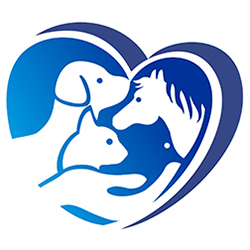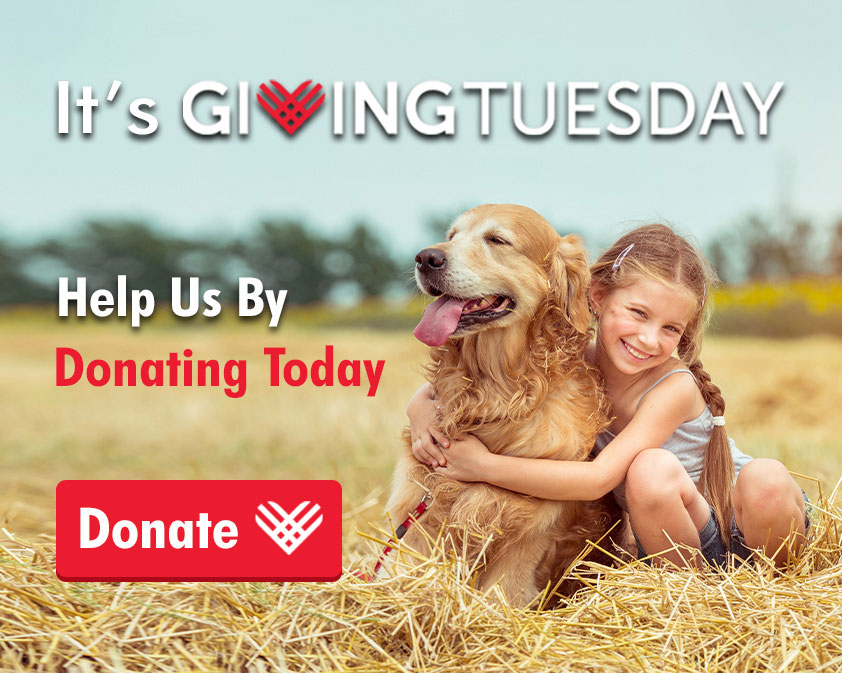NAIA Policy Statements
- Introduction
- Pet Ownership
- Dogs
- "Humane" Relocation/Dot Trafficking
- Pets and the Community
- Guardianship
- Animals in Entertainment
- Animal husbandry
- Agriculture
- Research
- Wildlife
- Mandatory Spay/Neuter Legislation
NAIA Policy Statements: Introduction
NAIA represents a broad spectrum of animal owners and endorses the development and advancement of high standards of care for pets, livestock, lab animals, and animals used in sport, recreation, and education. NAIA also promotes scientifically-based wildlife management, sustainable development and use of resources, and agricultural practices that consider humans and livestock as an integral part of the environment.
NAIA opposes animal cruelty, abuse and other practices associated with irresponsible animal ownership and use. NAIA is a moderate organization that supports the rule of law and opposes illegal acts whether committed by animal abusers or animal rights extremists. NAIA also opposes so-called educational campaigns that use "consciousness-raising" exercises that depend on sensationalism or misrepresentation of facts about animal issues. Such misrepresentations cause widespread misunderstandings of critical issues that ultimately harm people, animals and society.
NAIA draws a distinction between animal welfare and animal rights and presents these policy statements to make our position clear: we exist and operate to acknowledge the human-animal bond and to support the humane and responsible care and treatment of animals in the settings where they are kept, raised and responsibly utilized. NAIA supports reasonable legal protections for animals, not legal rights for animals.
Animal welfare is a philosophy that
- promotes stewardship of species and individual animals.
- embraces a human connection to the Earth and animals that recognizes humans as part of nature.
- supports raising and using animals humanely and responsibly for food, fiber, labor, and research; managing animal populations by hunting; keeping animals in zoos and other educational venues; and enjoying animal sports and animals in movies, circuses, and on stage.
- requires humane treatment and responsible use of animals on farms, ranches, circuses, rodeos, homes, kennels, catteries, laboratories, and wherever else animals are maintained.
- endorses a scientific approach to commercial use and management of wild animal populations and a quick death when death is inevitable.
- celebrates human/animal interactions and works to improve animal well-being.
- rejoices in the bond between animals and humans.
Animal rights is a political movement that
- opposes all animal use and most traditional relationships with animals, including eating meat, wearing leather or wool, biomedical research, owning pets, breeding dogs and cats, circuses, zoos, hunting, trapping, ranching, fishing, and learning about animals by hands-on experience.
- manufactures crises about animal care based on distortions about animal husbandry and extreme cases of mismanagement and abuse, then uses these misrepresentations to vilify animal owners and related interests and industries in an attempt to achieve a world in which man and animals are separated.
- raises funds using crises that it has manufactured, distorted or sensationalized.
- manipulates the political process to spin concern for animals into laws and regulations that deprive private citizens of the right to make ethical determinations about their relationships with animals
- attempts to transfer power and authority over animal ownership, husbandry, and use to the government and the courts.
- plays on the sympathies of animal lovers to raise money for campaigns, which if successful would deprive them of their ability to interact with animals.
- condones, incites or indulges in criminal activity against those who raise and keep animals.
- attempts to separate the destiny of man from the destiny of animals.
- works for the day when people will view animals from afar.
Clarifying examples:
-
As an animal welfare organization, NAIA respects the rights of citizens to own, use and care for animals within a broad range of parameters that provide for animal health and well-being.
The animal rights movement campaigns against animal ownership by private citizens and gives the government a stake in pet ownership by inserting "guardianship" into laws, a campaign that has been successful in several cities and the State of Rhode Island. Ownership gives citizens the right to make decisions on behalf of their animals; guardianship transfers that right to the government. -
As an animal welfare organization, NAIA supports the rights of farmers, ranchers, and other landowners to economic success based on good stewardship of real property, livestock, and wildlife.
Animal rights activists support expansion of the Endangered Species Act, a law that originated as a simple edict to protect rare and endangered animals, to a broad-based attack on private property rights that undermines the foundation of our laws and society. -
As an animal welfare organization, NAIA recognizes and supports the contributions that responsible dog and cat breeders make to the welfare of animals and to society and supports efforts to close substandard kennels and catteries.
Animal rights activists oppose the deliberate breeding of dogs and cats and use substandard facilities as a vehicle to indict all who produce puppies and kittens as pets or for work or competition no matter how responsible or humane. -
As an animal welfare organization, NAIA applauds the great advances in human and animal health achieved through animal-based research conducted in accordance with the Animal Welfare Act and guidelines of the National Institutes of Health and the Association for Assessment and Accreditation of Laboratory Animal Care.
Animal rights activists oppose all animal research, no matter how humane or how responsibly conducted, and thus jeopardize the continuing development of life-saving vaccines, pain medications, surgical procedures, diagnostic tests, therapeutic drugs, and improved treatments for debilitating, incurable and emerging diseases.
Suggested reading:
- AR or AW?
- Animal rights, animal welfare: which is it?
- Quotes from leaders of the animal rights movement
- The Illogic of Animal Rights







